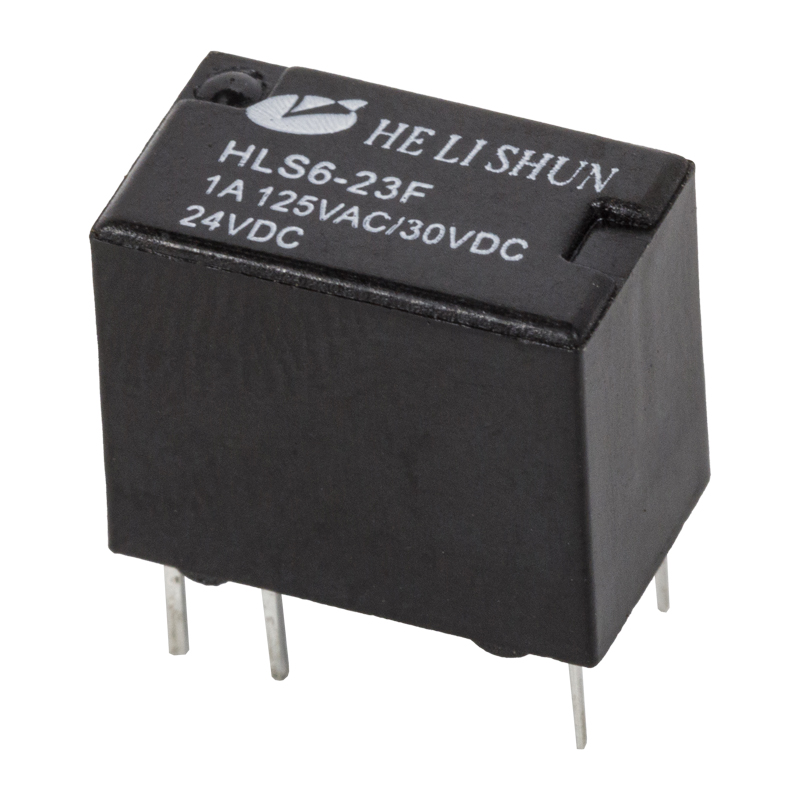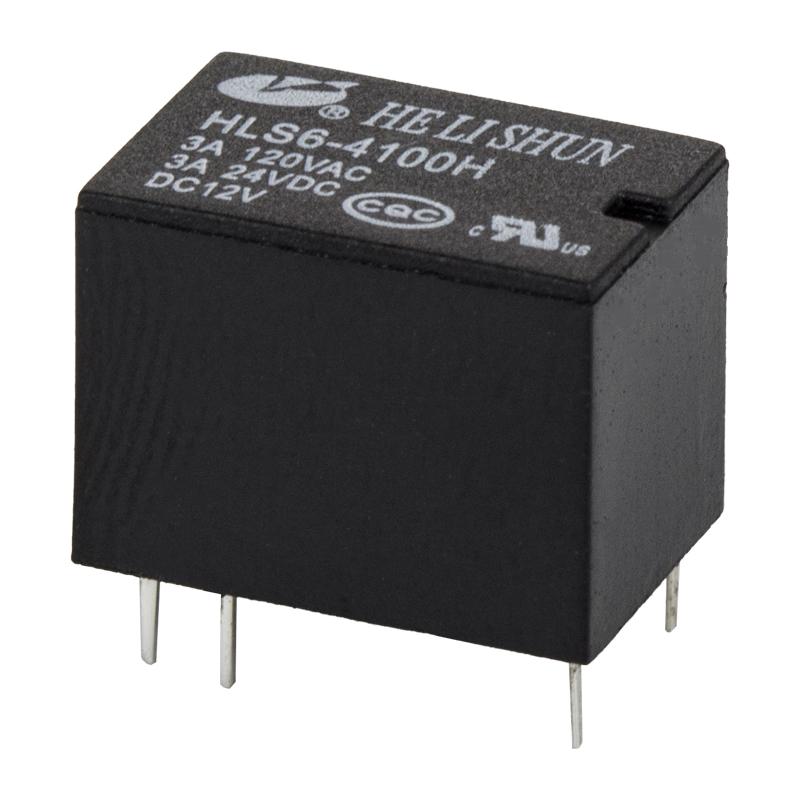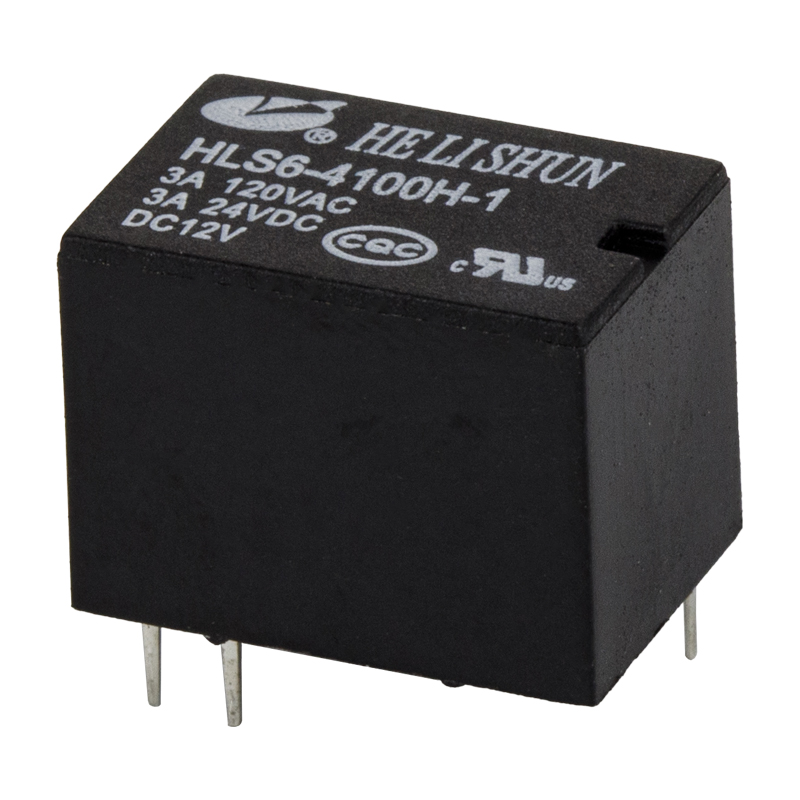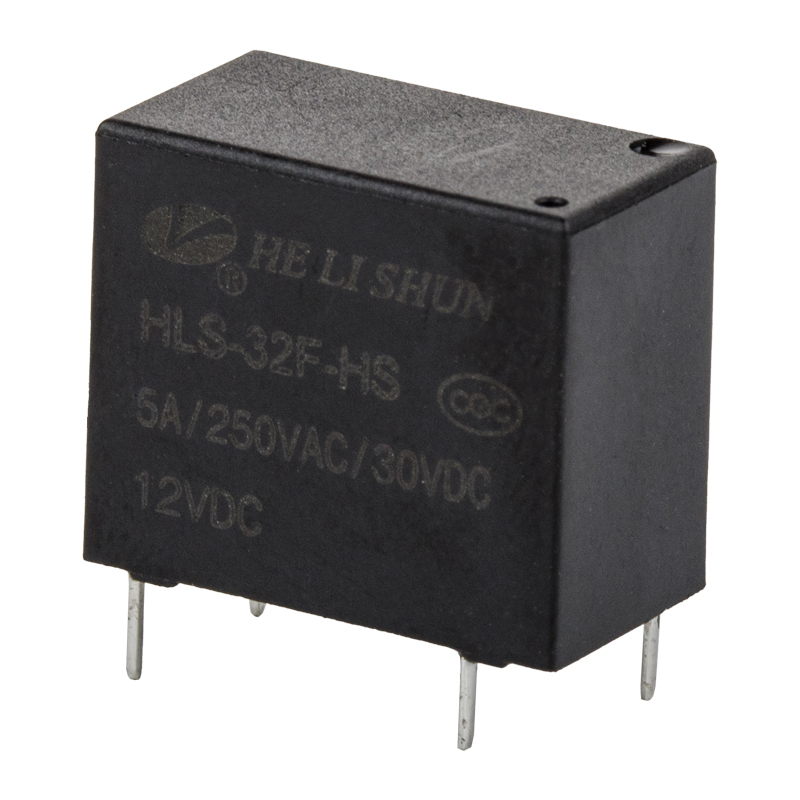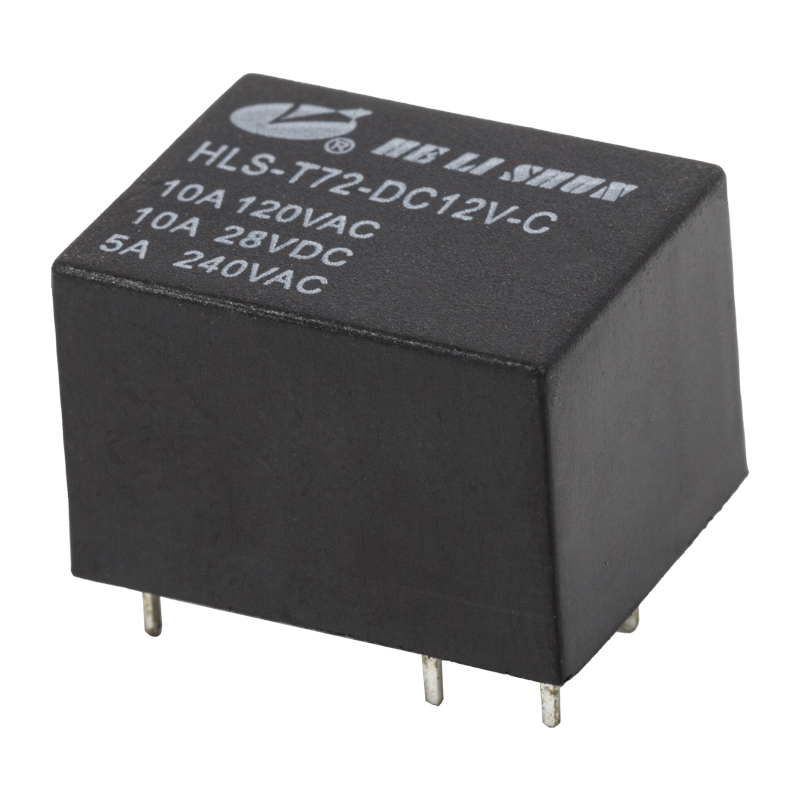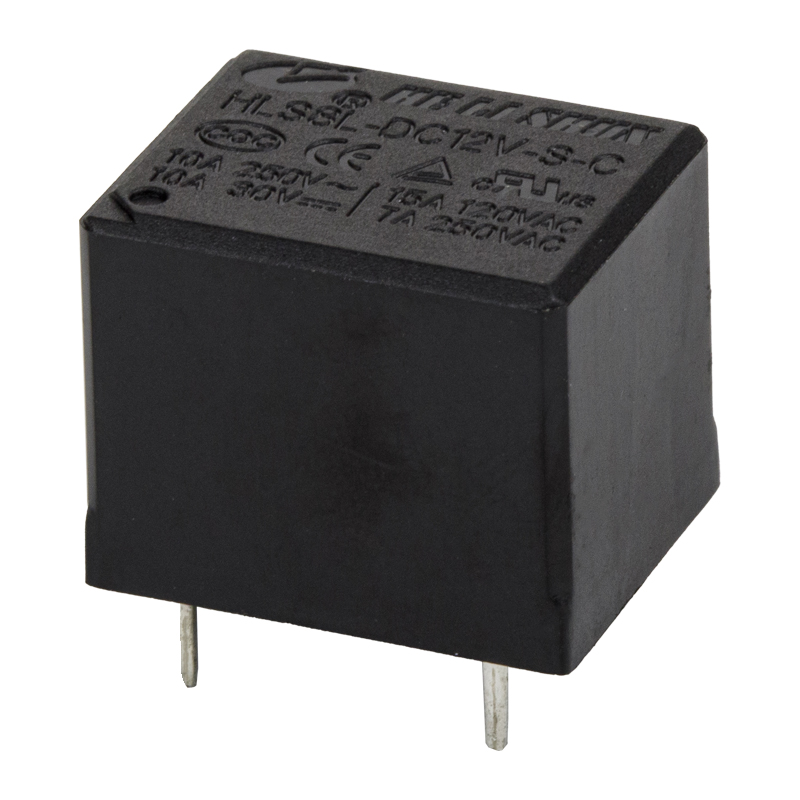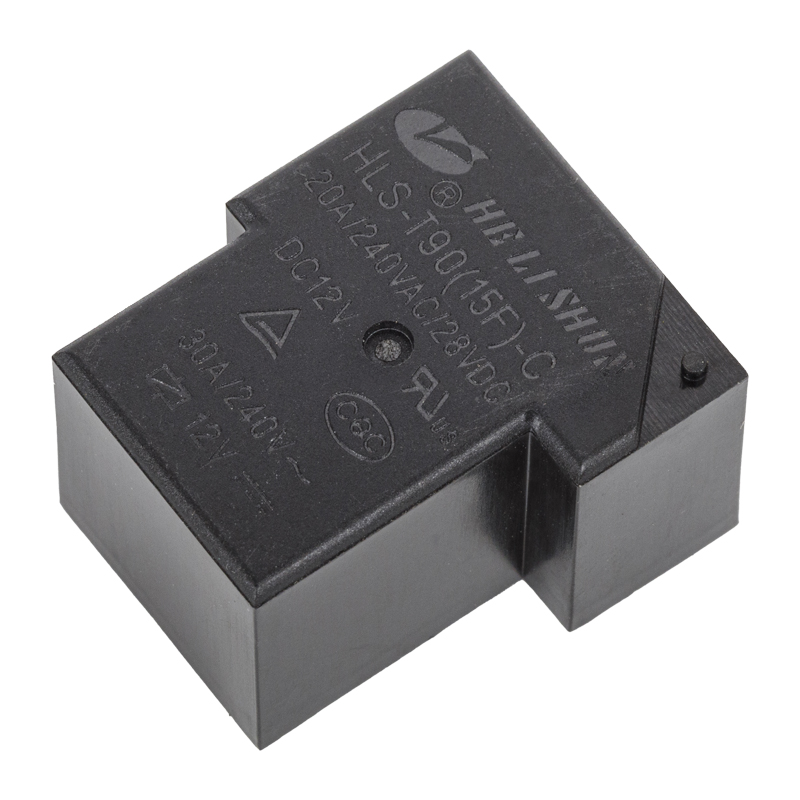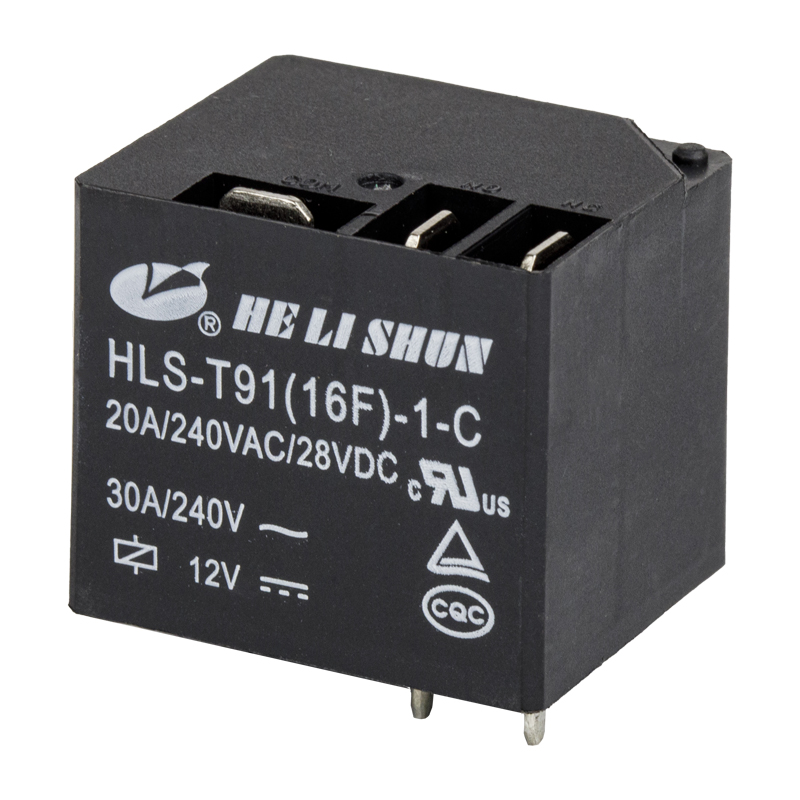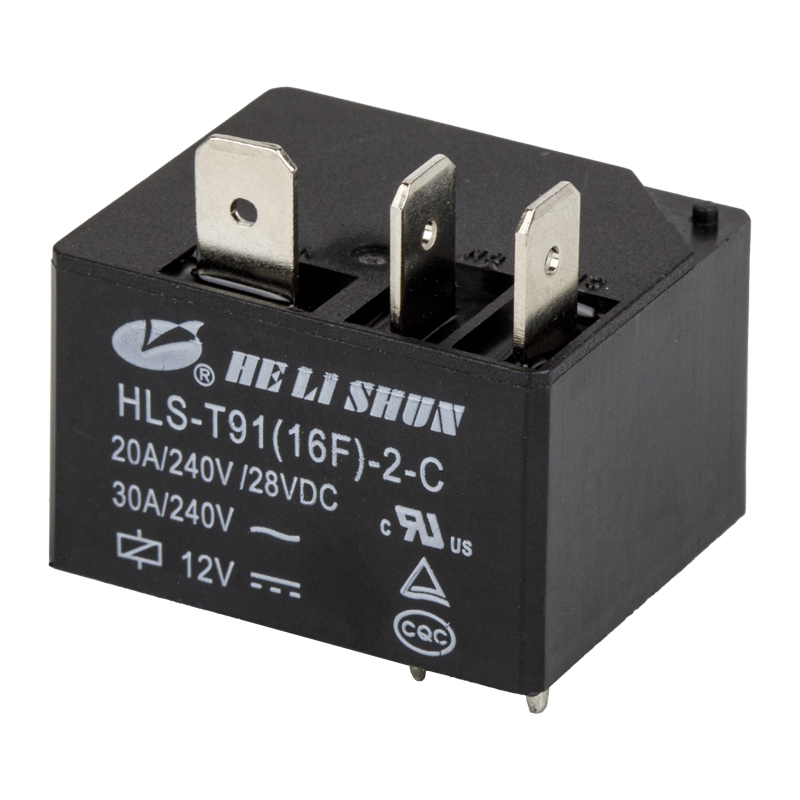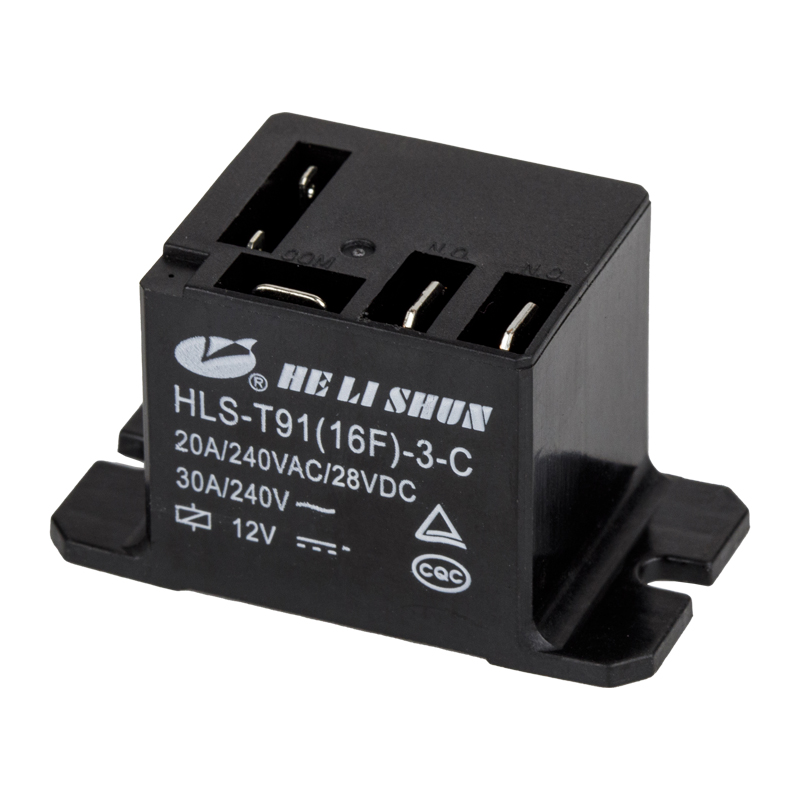Relays are a crucial part of the modern electrical system, providing a mechanism for controlling power distribution and protecting devices from overload. However, to effectively connect and manage relay components, an appropriate socket is necessary. A socket for relay is designed specifically for this purpose and provides an array of benefits for electrical systems.
One of the primary advantages of using a socket for relay is reliability. The socket provides a secure and stable connection for the relay, reducing the likelihood of loose connections, which can cause damage, inefficiencies or even fire. Moreover, the socket ensures consistency in the electrical connections by providing a uniform interface for different relay models and manufacturers which in turn guarantees the reliability of the electrical system.
Ease of installation is another benefit that a socket for relay provides. The socket connects easily to the circuit board, reducing the need to handle intricate wiring, which can be time-consuming and require skilled labor. This feature allows for quicker and easier installation of electrical systems, lowering overhead costs for manufacturing plants and companies.
Safety is equally critical when it comes to electrical systems. A socket for relay makes it safer for professionals and even non-specialists to handle and control mechanical or electrical devices indirectly. By providing a secure connection for the relay, the socket helps reduce the risk of electric shock and fire hazards. This feature is particularly important in high current applications, where exposure to live wires can be disastrous.
A socket for relay also simplifies maintenance and repair. It's easy to swap one relay to another with the use of these sockets, saving valuable time that would have been spent disassembling wires and electronics. Socket-based relays, if revіewed for function then ensure that any defective relay is isolated and quickly replaced. This feature, in turn, increases the uptime of electrical systems and devices.
Finally, the use of a socket for relay also facilitates the automation of electrical systems. This automation provides an efficient and reliable approach to control and protect different electronic devices effectively. With proper implementation, automated electrical systems can also help conserve energy, reducing operational costs for businesses and homeowners alike.
In conclusion, a socket for relay is an essential component of electrical systems. It provides a reliable, efficient, and more accessible platform for controlling circuits, reducing the risks of damage, and improving safety and ease of operation. With the increased use of automated electrical systems, the importance of this socket cannot be overstated. To optimize electrical operations, all professionals and manufacturers must understand the importance of sockets for relays and ensure that it is installed appropriately for their application.




 English
English 中文简体
中文简体
